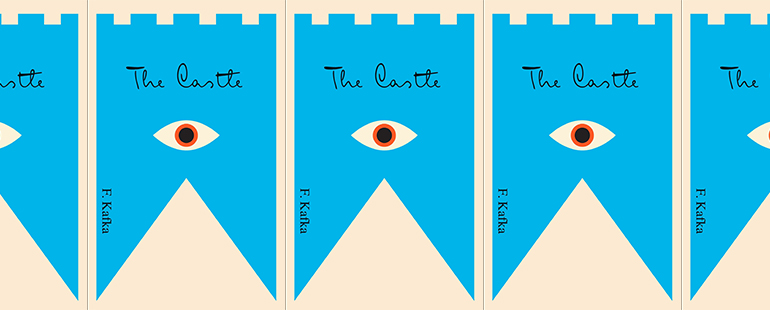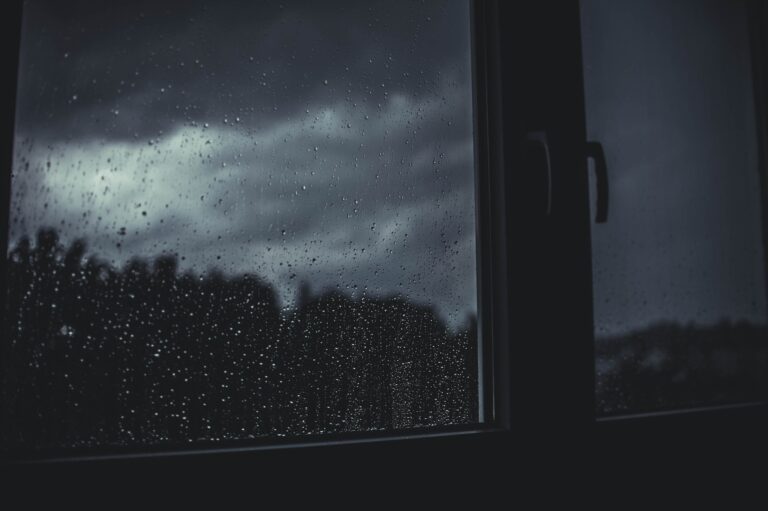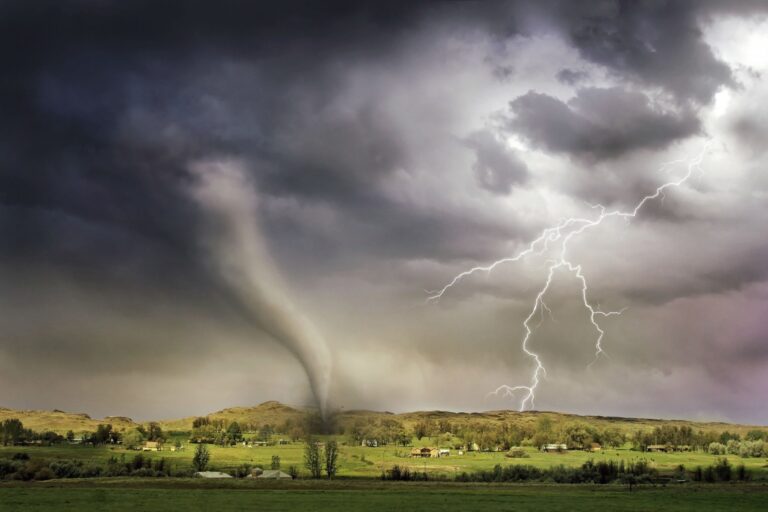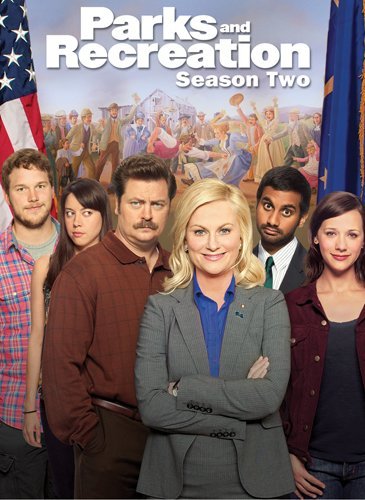Fiction and Fault in the Age of Heroin

I remember setting my bags down. I’d brought everything I could think of in little grocery bags to a sober home in Asheville. There were five other men in the apartment. They navigated around my parents, who looked aimlessly in cabinets and listened to a counselor talk about when they could visit. There wasn’t much fuss. They left and I made my bed quietly.
The following months were undistinguished. I was bored. I was given sheets and a bed I could feel the springs through. I was given a book and a notepad. I didn’t say a lot. For the first long while it felt like a trench, minute to minute. I sat in a room wall-to-walled with Bed Bath & Beyond prints and old DVDs and laundry hampers and pens and empty soda cans. I would turn on the television. I would sit. And there it was: everything I’d ever planned, and all the remedies and maps and prayers that led me to this…sitting on a dirty couch with a spike in my throat. During that time, even deeply ecstatic moments were subsumed in ordinary visions. There were only Lysol cans and nail clippers and portraits. There was nothing overwhelming. No bold memories. The times when I’d looked in the mirror with surety and satisfaction dissolved into the little sink and the toothbrush and fake bronze appliances. Images and visions became plain and tired. The films I watched fell flat, and all the little, unserious TV shows couldn’t get me out of my head. I’d become fixated with striking intensity on the truth of who I had been: a person who had done horrible things to the people he claimed to love. Addiction is often that way. Yet even then, I wasn’t quite ready to change. I wanted only to evade those memories for as long as I could. I found myself wanting to build things in my imagination.
I remember the books I brought with me. I started talking to the other residents about them, even though I’d never opened them up. I would say this or that, something arbitrary or vague. It was intoxicating to displace myself, to wash myself with fictions I couldn’t claim sincerely. It’s unsurprising that when I finally began reading, I centered myself both very quickly and with some crookedness in the selfdom of stories.
I had brought Franz Kafka’s The Castle. That book in particular was a remnant of things as they were before. I am the youngest of three brothers. It was the oldest one who introduced me to Kafka. Back then we both lived in Georgia with our parents. We were still intoxicated with the endless creative modes of youth. We still sat together, ate together, went outside together. We were still capable of deep, unified fascinations toward anything, indifferent to their utility. Of course, those times are passed. All of us have our own concerns now, and Rainbow Drive is any other street.
With a certain amount of desperation, I sat in my little room in Asheville and opened The Castle. It was an unfinished story, my brother had said. It was hinging on nothing. It was still alive. I locked the door and sat with it, enamored. One evening a man named K. arrives in a snowy town. He is a land surveyor selected for work by authorities in the town’s castle. Village officials reject this possibility and set K. on a futile journey to obtain legitimacy from castle authorities. Every attempt on his part is met with idiosyncratic, nondescript obstacles. That feeling seemed familiar to me. Quickly the story was an obsession. I discovered that Kafka was Jewish like me, that he’d had two brothers like me, but had found more in Gogol and Grillparzer. I wanted to know what that was like. Most powerful of all, I learned what Max Brod had claimed of the book—that Kafka had intended for K. to die in his efforts to reach the castle. He would only be granted access—belonging—once his death was beyond doubt.
My body folded to the notion that the protagonist and I were the same. That while K. slept on straw, confused, I slept on this cheap cot here in a group home. That as letter and plea failed to reach even the base of the castle, my attempts to keep sober were lost to enigmatic damages. And that as Klamm presented himself only in the mouths of others, so God presented himself to me. These were the wide and heavy infatuations that helped me along. I imagined myself in the protagonist’s place until the line between my life and his was indistinguishable. I drew up sketches of K., as unremarkable as possible. I would have him gaze longingly at things; I would stack the drawings on my bedside table. One day my mother called, and I watched the phone ring until it stopped. I returned to the book.
My mother’s name is Eileen, and her suffering is not a fiction. In the harshest years of my addiction, she slept outside of my bedroom door to keep me from leaving the house. My father, too. After years of my using, his hair changed, and he bought new drills to push gold bolts into the windows so that they could no longer open because it was better to keep me inside than to feel fresh air in their own home. But before I could remember that these things had happened—and it is only the consequence of time and separation that I can now—I would turn back to the book and shut it out of my mind.
Something happened to me, then. After a while, my hidden guilt transferred from the edges of the page to the real flesh of my life. I’d return from work at a coffee shop with the grounds on my sleeves. I’d run into my room without speaking to my housemates. I couldn’t seem to reduce things away anymore. That same feeling I’d had when I arrived returned. All I could envisage were the greedy designs and self-involved aims that comprised my life up to that point. I had put them aside any way I could; the book had become another form of escape. Its pages, I saw, were not a representation of anything beautiful. Or maybe they were, only not for me. I had taken them up in my own way. I had mutilated their sincere gestures for my contest of displacing shame. I had to know it now.
Once that lie was abandoned, and I knew that to some degree, whatever degree, my experience had been a self-deception, I felt a new sort of loneliness. In the halfway house we would meditate. It was a strange kind of group ceremony, meant to help us orient to life as it really is. For me, it was a constant confrontation. I found that there was no home of any kind in myself. I felt in between it all. I would think about the novel and what it was doing to me. On one end, it is true that great literature produces great internal returns. It cuts things up. The grime…what Kafka called “the frozen sea.” Still, what about the person who commodifies literature for escape? Can literature used unto an individual end remain authentic? What was my responsibility in that space? Writing was lionized in my family from my earliest memory. Art for itself was the aim, always. I was handling it with callousness now.
During those meditation sessions, I would remember many things. When I was a child, my mother and brother said the same thing: “I don’t write because I want to, I write because I have to.” It was one of a thin few times that I understood something immediately and totally. Writing was perhaps the greatest loss of my addiction. I thought about the time that, in heavy feverish withdrawals, my friend and I watched Twelve Monkeys and stared at the white spots on our hands. We couldn’t get money, and no one was feeling generous. I was locked out of my house. There was nothing left to steal. It is incredible how that kind of pain can mechanize desperation. I remembered the little laptop I used during my time at the College of Wooster. I knew it wasn’t worth much, but I called my dealer and asked if he would trade. It would go for 40 dollars’ worth. I would meet him in the parking lot of a Texas Roadhouse, I would watch him look at me with a kind of perverse empathy. I would make some justification or other. I’d take the bag and go. When I returned, my friend asked me what had been on the laptop, and if I’d backed it up. I hadn’t, and somehow within my dread, I’d forgotten the laptop had all of my poetry and notes from a whole year. That year I’d lost my last grandparent and written more than ever. My friend looked at me like he knew. That friend is dead, though, and those poems are gone. At some point I’d lost the need to write altogether. All of the things that used to appear to me, the things I would put to paper and let sit, whether asinine or powerful, those things now camped in the periphery of my spirit and meant to confuse me.
Yet writing, when it returned—and it has always returned—is where I learned to tell the truth. The day in that dirty Asheville apartment when I realized I had weaponized literature to rid myself of wrongs, I wrote for the first time in years. It began with tiny, inane excerpts, but it began nonetheless. I would wake up in the morning, guilt-stricken, and make coffee while I listened to my roommates argue. I’d walk out on the balcony and sit against the ledge. Finally, I was back to the page. I learned to be impartial with myself there, and to cut things up, and to allow things to be. In this way, I let literature be a damaging thing, and redemptive in its turns.
I do not think, as I once did, that it was sinister to find that camaraderie with K. I don’t think it is expressly wrong to find companionship in our darker impulses. It is only that for me, a young addict with a penchant for lies, and an even greater penchant for self-deception, the process can mean death. The life that I keep now, the life that has spells of contentment, that has family and relationships and times of pause, the life that has creative drive, principles, and most of all sincerity…that life is not my own. It was shown to me in the unsparing practices of better people. That I can call some corner of that world mine is the consequence of their compassion, and—if I were to indulge myself—fierce self-appraisals and some hard-hearted self-forgetting. I think I still bear an undue weight to wonder about it, but it’s there: what is the balance of fiction and fault for those of us who made lives of lying? Its dangers never outweigh its significance, that is sure. Still, we have to account for it. There must be some recognition in this age of the moments that fear operates beyond control of addicted people.


